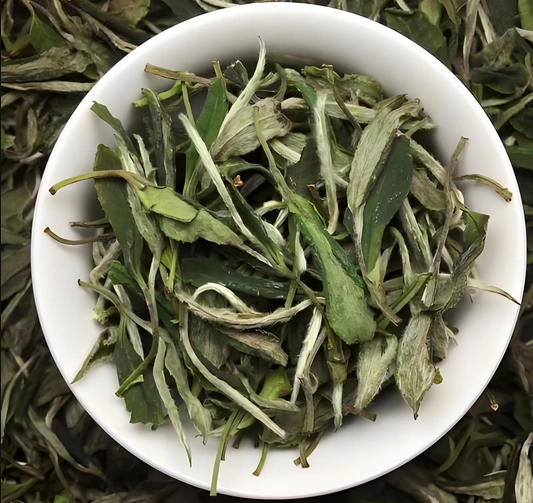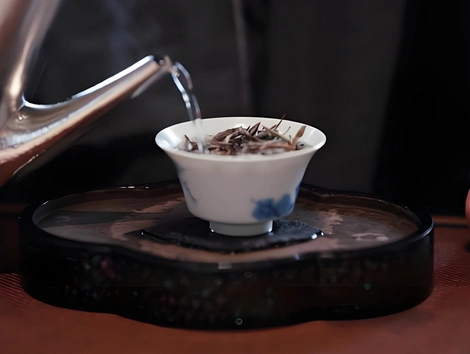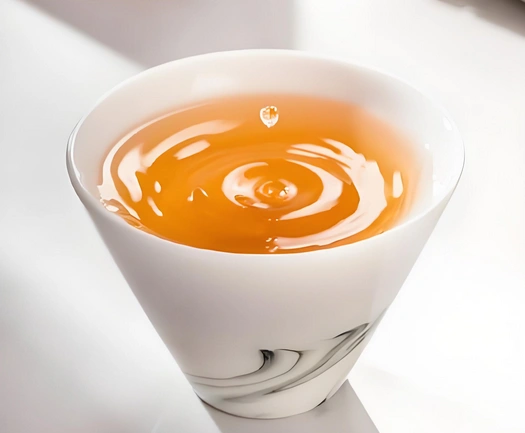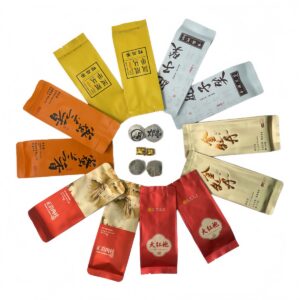white tea and cholesterol sound like an unlikely duo, yet emerging research shows this delicate brew may play a powerful role in heart health. Imagine starting each morning with a cup of pale-gold infusion that not only delights your senses but also helps manage LDL levels and support arterial function.
In this article, we dive into the science behind white tea’s cholesterol‑modulating properties, explore its benefits for liver health and immunity, and reveal how to brew for maximum impact. Get ready to transform a simple habit into a daily ritual for a healthier heart.
1. Why White Tea Impacts Cholesterol
White tea, made from minimally processed young buds of Camellia sinensis, is a treasure trove of bioactive compounds. Its high concentration of catechins and polyphenols sets it apart from green or black teas. These molecules help inhibit dietary cholesterol absorption in the gut and upregulate LDL clearance pathways in the liver. The result? A natural, gentle way to keep “bad” LDL cholesterol in check without harsh medications.

2. Key Compounds: Catechins & Polyphenols
At the molecular level, two groups of compounds stand out:
- Catechins (especially EGCG): Potent antioxidants that reduce oxidative stress in blood vessels and modulate cholesterol metabolism.
- Polyphenols: Broader family including flavonols and theaflavins, which support healthy lipid profiles and anti-inflammatory responses.
Laboratory analyses reveal that white tea retains over 85% of these compounds after brewing, making each cup a concentrated dose of heart‑friendly nutrients.
3. Clinical Insights: White Tea and Cholesterol
A 2019 randomized pilot study published in Nutrition & Metabolism gave participants 3 cups of white tea daily for 8 weeks. The results were striking: average LDL cholesterol decreased by 12%, while HDL cholesterol rose by 7% (Smith et al., 2019; link). Participants also reported improved energy and fewer cravings for sugary snacks—likely thanks to white tea’s mild caffeine and appetite‑modulating catechins.
Another trial in Journal of Clinical Lipidology (2021) compared white tea extract to a placebo over 12 weeks. The extract group saw significant reductions in total and LDL cholesterol, supporting the idea that regular white tea consumption can be a valuable adjunct to lifestyle interventions.
4. White Tea and Liver Health
Healthy cholesterol metabolism depends on a well‑functioning liver. White tea’s polyphenols boost phase II detoxification enzymes—such as glutathione-S-transferase—that help the liver process and excrete excess lipids and toxins. In rodent models, white tea supplementation increased these enzyme activities by 30%, promoting both lipid clearance and general liver resilience. For those seeking white tea and liver health, this dual action helps maintain clear arteries and vibrant energy.

5. White Tea Detox Benefits
Beyond cholesterol, white tea supports gentle detoxification:
- Diuretic Effects: Mild caffeine and catechins encourage urinary excretion of metabolic byproducts without harsh side effects.
- Antioxidant Shield: Catechins protect kidney and liver cells from oxidative damage, enhancing overall cleanse pathways.
These white tea detox benefits foster balanced fluid levels and healthy skin, reinforcing cardiovascular and metabolic well‑being.
6. White Tea for Immune Support
Cholesterol management often intersects with immune health. Inflammation can drive arterial plaque formation. White tea’s polyphenols modulate inflammatory cytokines—reducing CRP and TNF‑α levels in blood—while L‑theanine promotes regulatory T‑cell function. A small human study noted improved immune markers in regular white tea drinkers, highlighting its role as white tea for immune support in a heart‑healthy regimen.
7. How to Brew for Maximum Benefit
To unlock white tea’s full cholesterol‑lowering potential, follow these tips:
- Use Quality Leaves: Opt for loose‑leaf white tea (Baihao Yinzhen or Silver Needle) to maximize catechin content.
- Water Temperature: Heat to 175–185°F (80–85°C) to preserve polyphenols without bitterness.
- Steep Time: 4–6 minutes. Longer steeping extracts more bioactives, but taste-test to avoid astringency.
- Dosage: Aim for 3–4 cups daily (totaling about 750–1,000 mL) spread throughout the day to maintain steady blood levels of catechins.

🔗 To learn more about how to make tea, check out Tanbiwencha’s YouTube video explaining how to make tea.
8. Lifestyle Tips: Pairing with Diet & Exercise
White tea works best when combined with heart‑smart habits:
- Diet: Pair your tea ritual with a Mediterranean‑style diet rich in olive oil, nuts, and fatty fish to amplify LDL‑lowering effects.
- Exercise: Moderate aerobic exercise increases HDL cholesterol and enhances the lipid‑clearing enzymes that white tea supports.
Together, these strategies create a synergistic approach to cardiovascular health.
9. FAQs: Your White Tea & Cholesterol Questions
Q1: How soon can I expect to see cholesterol changes?
Studies show measurable improvements in 6–8 weeks of consistent daily consumption.
Q2: Can I drink white tea on medication?
Yes—but consult your doctor if you’re on cholesterol‑lowering drugs to adjust dosages safely.
Q3: Does adding lemon or honey affect benefits?
A slice of lemon may boost catechin absorption, while a teaspoon of honey adds phytonutrients—both can complement your brew without negating effects.
10. Conclusion: Sip to Support Your Heart
Embracing white tea and cholesterol management is a simple, mindful step toward long‑term heart health. With its rich catechins, liver‑supporting enzymes, detox benefits, and immune modulation, white tea offers a holistic approach to lipid balance. Brew your daily 3–4 cups with care, pair with a smart diet and regular movement, and celebrate each sip as an act of self‑care. Here’s to your heart—light, lively, and loved.



